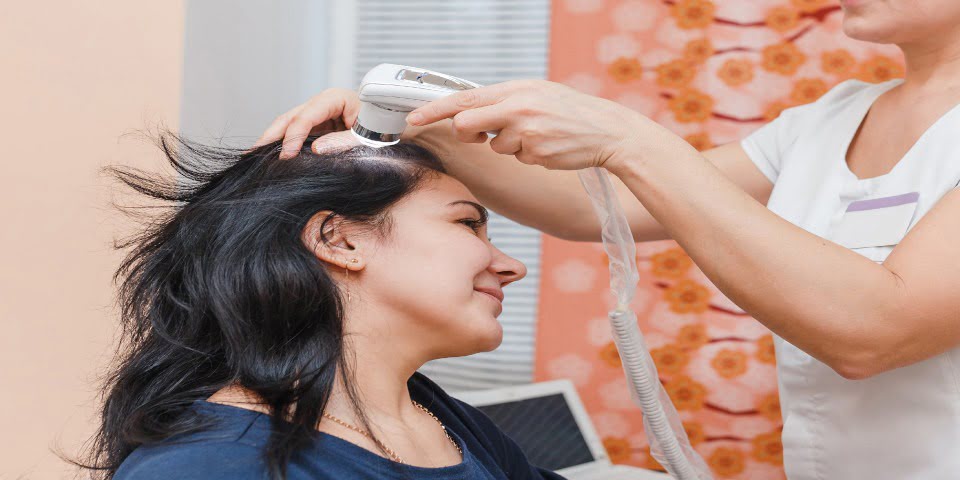This week is Alopecia Awareness Week. During this week, The Australia Alopecia Areata Foundation (AAAF) have events planned across Australia to celebrate with their community and raise awareness of this condition.
“Alopecia areata is the most common autoimmune disease, but yet is lesser known compared to other autoimmune diseases, such as diabetes,” said dermatologist Dr Leona Yip, of The Australasian College of Dermatologists.
“The extent of hair loss ranges from limited to widespread patches anywhere on the body, although the scalp is most commonly involved. Regardless of the extent of hair loss, the psychological and emotional impact of alopecia areata is usually devastating for affected individuals and their families and, therefore, cannot be underestimated”.
AAAF’s Georgia Gardner said: “Spreading information and understanding of alopecia areata is always the most important part of our awareness week. As well as media promotions, we have several campaigns running through this week. Wednesday, November 14 is the Boldest Bald Morning Tea, a chance for businesses and workplaces to show support of colleagues living with alopecia areata and raise funds for research. For schools and youth groups, we host Crazy Hair Day on Friday, November 16, which helps to address bullying, promote appearance diversity and support young people living with this condition.
“One of the highlights of Alopecia Areata Awareness Week will be the AAAdventure Camp for Kids. In its second year, the AAAdventure Camp is a chance for kids with alopecia areata from across the country to come together for a weekend of fun, friendship and personal development. This year the camp will have nearly 100 people attending, with representation from every state in Australia. AAAF is very excited to be bringing this opportunity to kids with alopecia areata free of charge, thanks to the support of Variety the Children’s Charity. We also host a range of community events and alopecia support group catch-ups in all our state branches throughout the whole year.”
The AAAF has been working with the dermatologists to rectify inconsistency in the treatment protocols for patients with alopecia areata. They continue to support research into this condition; and work with researchers and practitioners to improve outcomes and experiences for patients.
Dr Yip said: “Unfortunately, many affected individuals do not know where to get good support or seek medical help for alopecia areata. ‘There is nothing you can do’ is often said to affected individuals, falsely dampening any hopes of treatment. While alopecia areata is a challenging condition to treat in many, some individuals experience good response to treatments. There are promising treatments for extensive alopecia areata already available overseas that will hopefully make its way to Australia in the next few years.
“If you would like help, the first thing to do is to see your GP who may refer you to a dermatologist if necessary. Dermatologists are in the best position to offer medical counselling for this condition and to discuss available treatment options.”







